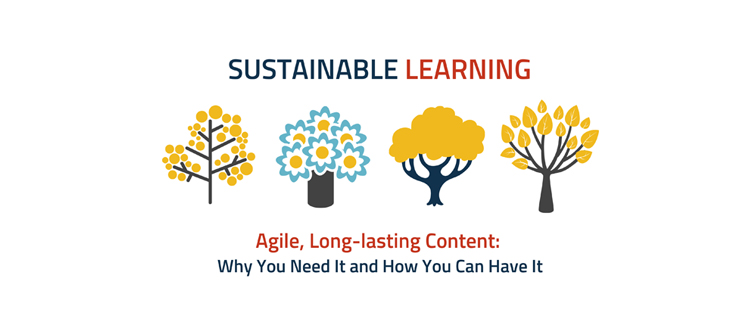Why Learning And Development Must Design The Future Of Workplace Learning
The world is changing faster than it has ever before in its history. Continuing and rapid advancements in technology and automation have made it necessary for people to continually keep abreast of and adapt to the changes in order to stay relevant. The knowledge and skills that were relevant yesterday are no longer relevant today, and today’s knowledge and skills will be obsolete tomorrow. So what do all these mean for the future of workplace learning?
The Future Of Workplace Learning
Not everyone will be able to adapt without assistance, leading to a rise in skill shortages, which will only become more acute in the future. The role of Learning and Development (L&D) therefore will become more critical. Companies need a taskforce that is not just skilled but has the capability to continually renovate their skills and improve productivity. To cater to these needs, Learning and Development itself has to develop the ability of accurately forecasting the near and far future of workplace learning. They need to leverage advancements made in technology and learning methodologies to ensure their organizations remain competitive.
Over the last few years, we have been working with clients to implement learning programs that are impactful and engaging. We are witnessing firsthand the changes that are sweeping across organizations, and are devising solutions that not only help them deal with this change in the present but also provide long-term adaptability and sustainability.
We have categorized our experiences into 4 major influences that we believe will shape the future of workplace learning over the next few years.
- Collaborative Networks Of Disaggregated Jobs.The days of the generalists are waning. Specialization is the key to survival in the future. Technological and scientific advancements are resulting in an explosion of knowledge areas. It is increasing difficult to be extremely knowledgeable and skillful across a range of fields. Therefore, jobs are being disaggregated into smaller, more specific disciplines. Additionally, the need for brick and mortar offices and traditional corporate roles supporting these workplaces is on the decline. Instead, these decentralized networks of teams will collaborate across diverse ecosystems to create output that is responsive and accurate.To reach out to these decentralized teams and to keep them viable and sustainable, learning and training systems need to morph into supple, adaptive systems that can be reshaped continuously.
- Virtual Learning Networks.Advancements in technology –in terms of connectivity, mobility, anywhere-anytime access, synchronization across devices, cloud computing, collaboration tools, and social media tools– have meant that many jobs that once required in-person interactions can be performed remotely.To be in sync, learning has to break away from the fixed knowledge and deployment platforms that bind people down to physical locations and set ups. Learning and Development teams now have to incorporate learning agility, effectiveness, and innovation into their solutions. They are looking for frameworks that foster continuous learning in a format that is flexible and agile.
- Learner Preferences.Information, these days, is not just bound to a handful of hotshots within the organization and then dissipated to the rest. Information channels arise from all directions and capturing, referring, and reusing this information at a later stage can be a monumental task. Business and employees demand for a variety of learning methods to keep track of the information, convert it into effective content and deliver it in a way to facilitate learning and behavioral changes. This is necessary due to a growing impatient workforce, which has an extremely short attention span with too little time to do anything beyond their everyday job goals. Further, market dynamics coax employees to work from wherever they are located, instantaneously.To build a cohesive modern workforce, Learning and Development has to focus deliberately on catering to the expectations of this generation. They have to reinvent their services and infrastructure to provide for their needs and hone their unique capabilities.
- Future Readiness.In a changing world, managers will need their teams to develop the ability to stay relevant to their domains, participate in and possibly shape the digital transformations taking place, and look beyond the definition of the boundaries of their role and work in order to stay productive and improve upon it.
Final Word
Learning and Development is expected to define how some of these transformations can be managed by influencing the mindset of the learner. Through technology and mentoring, Learning and Development can encourage a culture of collaboration and learning, and show how sharing in a common goal can help in extracting knowledge and enable learning.
This article first appeared in the eLearning Industry website on 30 October 2016.



